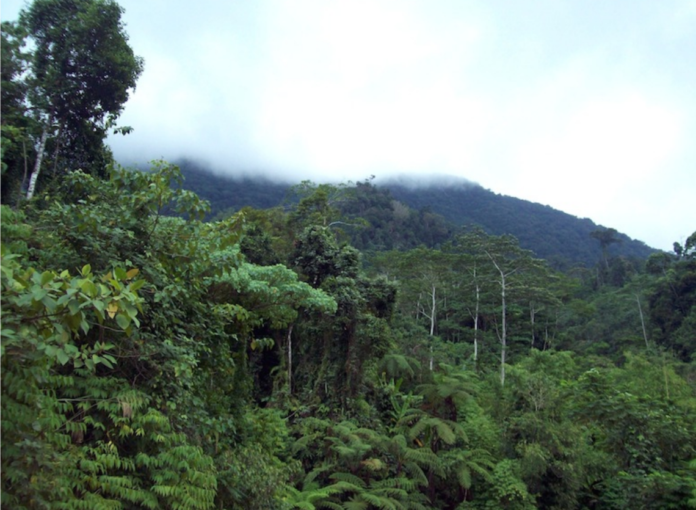Aiming to increase the Philippines’ forest cover by three million hectares by 2028, the Department of Environment and Natural Resources (DENR) has set a lofty target as part of the nation’s broader efforts to counteract the consequences of climate change. DENR Secretary Maria Antonia Yulo Loyzaga introduced this project.
“A total of 1.2 million hectares are available for reforestation initiatives, and we are focusing on reforesting four important areas. Our goal is to add at least three million hectares of new forest cover to our 50 million hectares of classified forest lands by 2028. Currently, only seven million hectares of these areas are genuinely forested,” Loyzaga stated during a recent meeting of the House appropriations committee, where the agency’s proposed P26.027 billion budget for 2025 was discussed.
To support this mission, the DENR has implemented a geospatial database system to map and monitor the nation’s natural resources.
“The quality of our forests is under assessment, focusing on aspects such as fragmentation and whether the forests are closed or open. These factors are crucial in understanding their relevance to climate change and its impacts,” Loyzaga explained.
The DENR is also exploring incentives to encourage participation in forestry initiatives.
“Once President Marcos approves this plan, we will work towards offering incentives to encourage investment in forestry, particularly for the first 1.2 million hectares,” Loyzaga said.
In addition to planting new trees, the DENR is conducting an extensive investigation into the effects of reclamation projects in Manila Bay, which may increase the risk of flooding in Metro Manila. The study, involving experts from various institutions including the University of the Philippines Marine Science Institute, is expected to be completed by September.
“We are examining four distinct scenarios: no reclamation, ongoing projects, projects with Environmental Compliance Certificates (ECCs), and a full-scale reclamation scenario,” Loyzaga noted. The study will utilize data from the recent Typhoon Carina, with the results to be submitted to the Office of the President via the Philippine Reclamation Authority.
Loyzaga emphasized that the DENR does not have the authority to stop or continue reclamation projects; the agency’s role is limited to providing findings.
“We will evaluate the area clearances and ECCs based on the conditions under which they were granted by the previous administration,” she clarified.
As part of the Supreme Court’s mandamus order to improve the water quality of Manila Bay, the study aims to assess the social, ecological, and economic impacts of reclamation projects.
Finally, Loyzaga stated, “The DENR is dedicated to ensuring that Manila Bay is restored to a condition where it is safe for recreational activities.”




